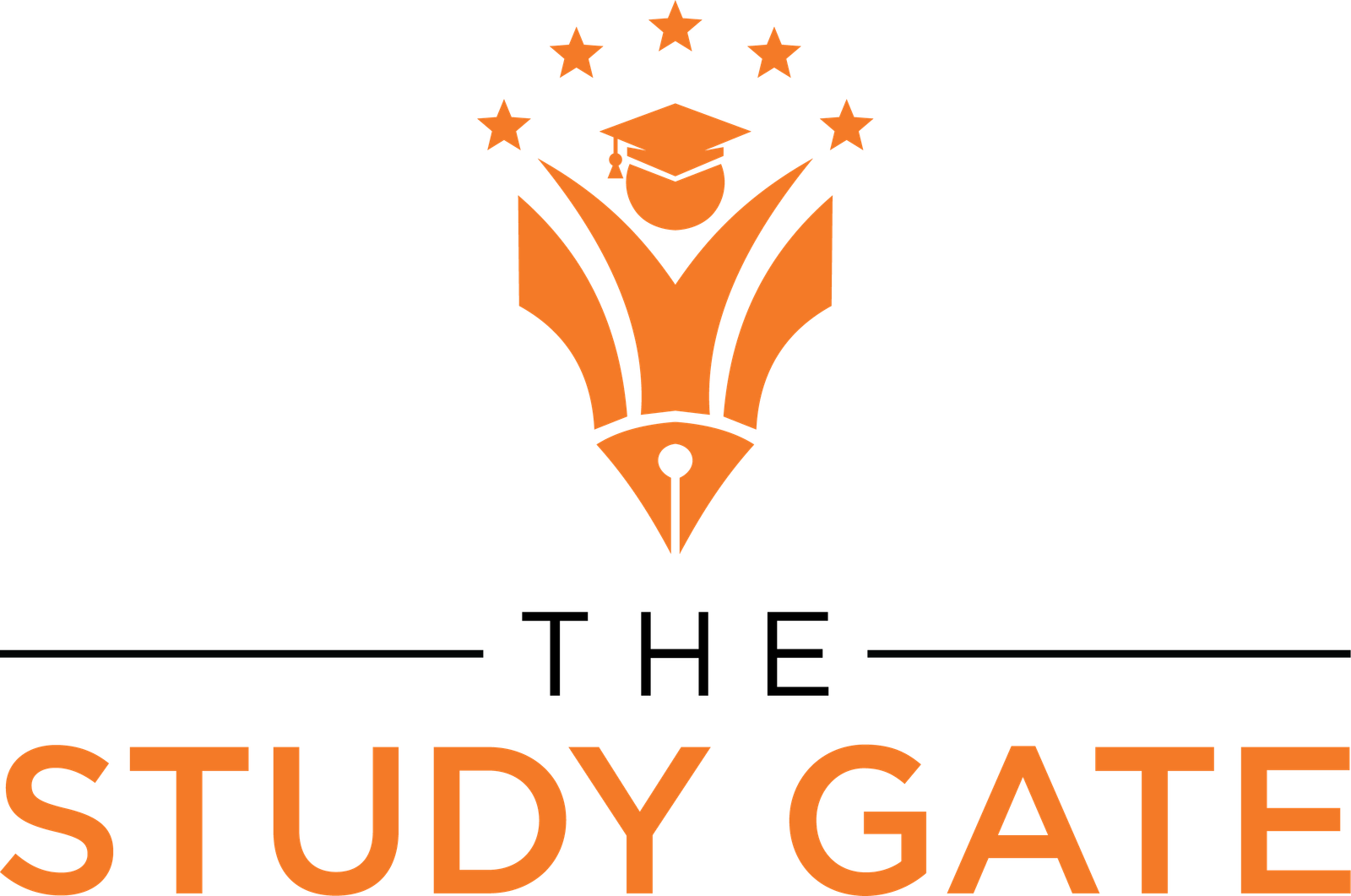A Budget Guide for Medicine Students in Bulgaria
Bulgaria is located on the Balkan Peninsula in Southeast Europe. Bulgaria is quickly becoming a popular destination for international students, particularly from its neighboring countries Greece and Turkey, as well as Germany and some Asian and African countries.
Foreign students view Bulgaria as a secure and comfortable place, which is ideal for parents and sponsors who worry a lot about students away from home. Bulgaria is a less expensive spot to live in compared to other European countries. This allows students to spend their college years doing things they enjoy, such as traveling and socializing, without breaking their budget.
The majority of foreign students studying medicine in Bulgaria choose English as their main language of study. It is no surprise that students choose to study in this country because the admission standards are less stringent than in other European countries. Usually, the study plan includes a master’s degree program with a six-year duration. Most students gain practical experience at university hospitals.
Students enjoy studying in Bulgaria since there is so much fun and activities to do! But what about budget and expenses? Next, we will discuss the costs of everything, including education and living for medical students.
Cost of Education
The tuition fees that you’re going to pay depend on the university, the course, and language, but usually learning in Bulgarian is less expensive than learning in English. Indeed, Bulgarian language degree programs cost almost 500 EUR less than foreign language degree programs.
Medical universities’ tuition prices in Bulgaria range from 7500 to 8000 EUR per year for a lengthy medical program in English and from 3100 to 4000 EUR per year for a short program of medical study, but keep in mind that these numbers can vary wildly from university to another.
Cost of Living
Bulgaria is among the most affordable countries in the world to live in. Bulgaria has a cost of living that is around 50% cheaper than the United States as well. Compared to North European countries, Bulgarians enjoy affordable life that can be 50–60% less cheap. Citizens use the Lev (BGN), which is a Bulgarian currency (1 BGN equals 0.51 EUR).
Food consumption accounts for more than a third of a monthly wage in Bulgaria, which is not surprising given the wide variety of foods available at very cheap prices in the markets. Bread is incredibly inexpensive, and local markets provide native fruits and vegetables at significantly lower costs.
When it comes to entertainment, Bulgarians are known to love entertaining activities. Indeed, they spend a significant amount of money on it. It might be fun to do things like going to the movies or working out at a gym for relatively low prices. Tennis court rent is not as expensive as it is in other European countries, but it is still out of reach for those on low incomes.
Many consider Sofia as Bulgaria’s most costly city, which is why many students opt to study in Plovdiv or Stara Zagora. Choosing to study at a university in Plovdiv or Varna will be a cost-effective decision for many foreign students who are willing to move to the country.
Cost of Accommodation
In Bulgaria, finding inexpensive student accommodation is not difficult since there are numerous real estate agents who offer apartments for rent all the time. In general, students need 420 EUR per month for living costs if they live in University Dormitories or 480 EUR per month if they live in private housing. This, along with the low tuition prices, makes Bulgaria one of the most attractive places for international students in the globe. Be aware, however, of false advertisements on the Internet when you search for apartments.
Fortunately, most Bulgarian institutions provide students with affordable housing at the university dormitories, which usually cost between 50 and 120 BGN per month. The monthly rent for a student dormitory varies from institution to university. These dormitories also provide low-cost meals for students. Once admitted to the University and enrolled in the applicable faculty, students are entitled to apply for dormitories.
Despite the low cost of student dormitories, many international students opt to rent or share a private flat near the University’s main building. The monthly rent for a private flat ranges between 150 EUR to 300 EUR.
It is better for students who choose private housing to share an apartment with their classmates, at least for the first semester. This helps them cut their costs while also avoiding being lonely in a new nation while acclimating to a new way of life. Students should spend their first year familiarizing themselves with the city they are living in.
Cost of Transportation
There are public transportation cards that students can get to use public transport. In smaller cities, a single-way public transportation ticket is less expensive compared to a ticket in the capital. A single ticket in cities such as Blagoevgrad in Southwestern Bulgaria can be bought with only 0.80 BGN. In Sofia, using the bus or metro costs more than 1.60 BGN. For 4-12 BGN, you may get a one-day card that can be used for metro and public buses
Alternative Options: Scholarships and Loans
To study for free in Bulgaria, students should apply first to Bulgarian universities. You can visit the websites of the colleges to learn more about their application procedures. Also, you can contact professors and lecturers to get more information about scholarships.
Scholarships are the most common way to study for free in Bulgaria. Students in Bulgaria can apply for a variety of scholarships. To be considered for a scholarship, students usually should be under 35 years old and have a minimum grade requirement. Some foundations also offer scholarships, which cover 30% of tuition expenses for applicants with strong academic potential.
Some Bulgarian universities provide student loans, but overseas students are not eligible to apply for a loan at Sofia Medical University. Also, taking out student loans is the least recommended way to get a free education in Bulgaria. Applicants for loans must apply in banks with the necessary documentation, including a certificate from a Bulgarian university stating that they are full-time students who have passed all examinations.

